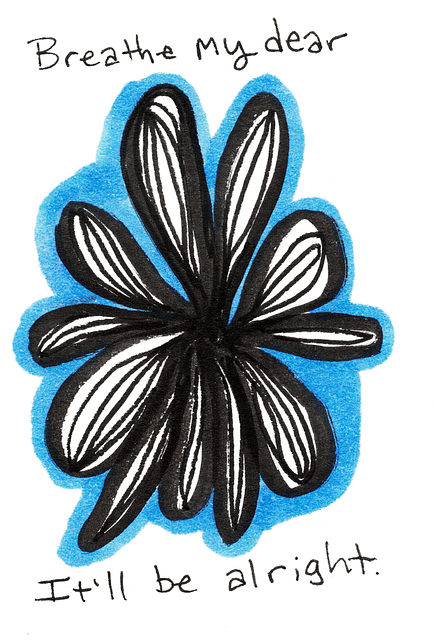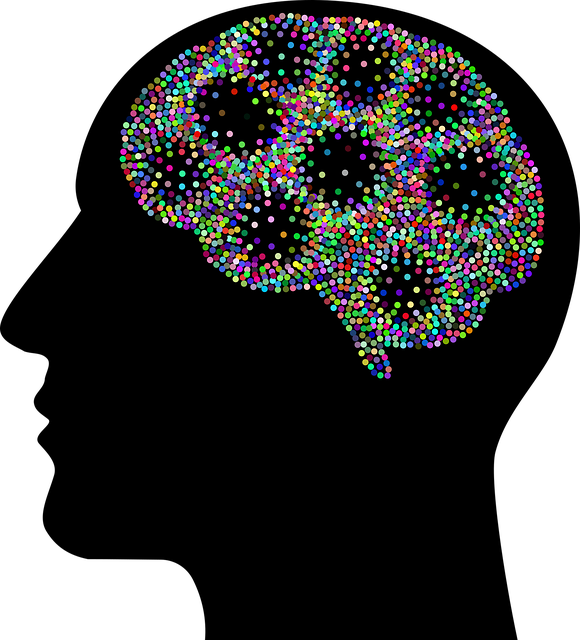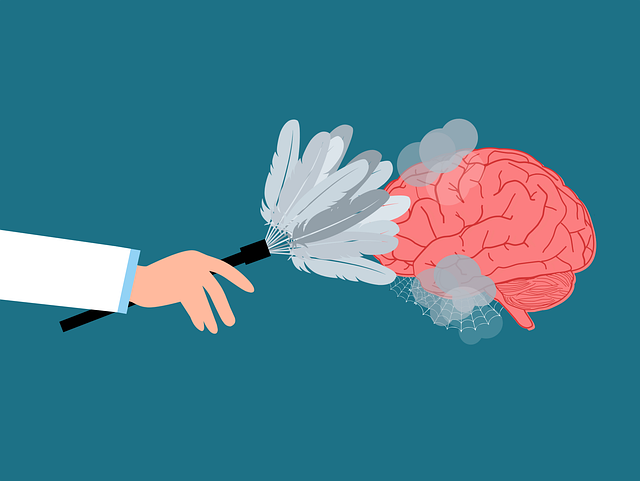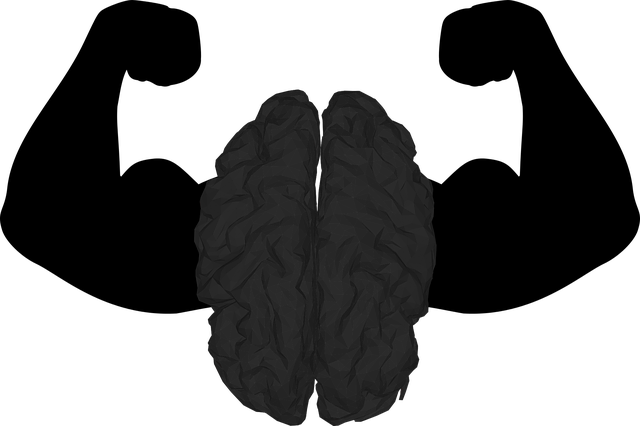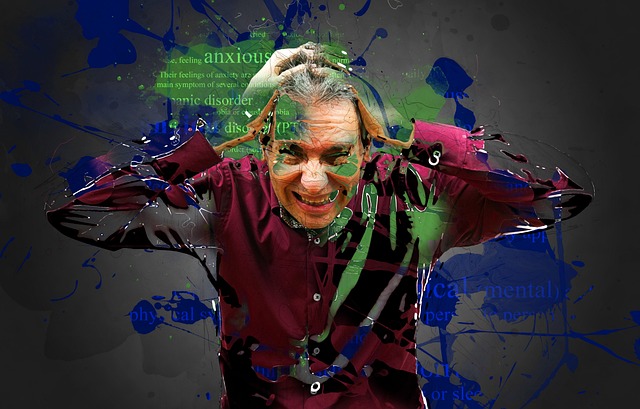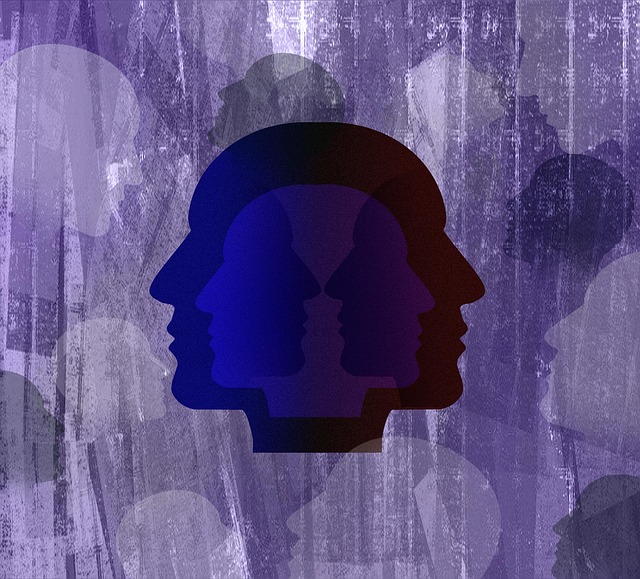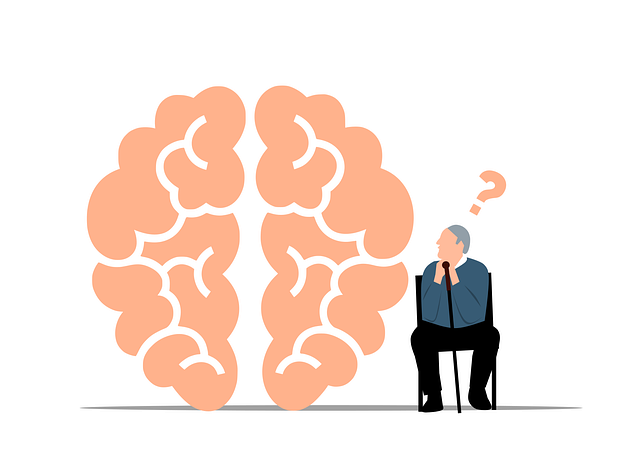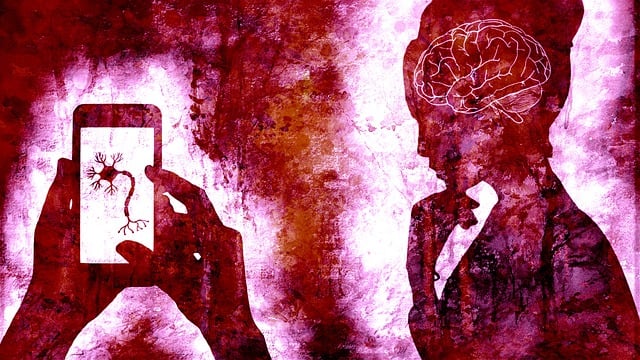Lone Tree Cognitive Behavioral Therapy (LTCBT) offers powerful group facilitation for mental wellness, reducing stigma through peer learning and shared experiences. Facilitators guide participants in identifying and changing negative thought patterns using techniques like active listening, mindfulness exercises, and progressive muscle relaxation. This approach fosters resilience, emotional regulation, and community support, making LTCBT a transformative tool accessible via podcasts and various platforms.
Mental wellness group facilitation is a powerful tool for fostering community and supporting individuals navigating diverse challenges. This article explores the art of leading therapeutic groups, focusing on Lone Tree Cognitive Behavioral Therapy (Lone Tree CBT) techniques. We delve into understanding group dynamics, the unique benefits of CBT in collective settings, and practical strategies to enhance participant engagement. By exploring these concepts, we aim to equip facilitators with valuable insights for creating supportive and transformative group environments.
- Understanding Mental Wellness Group Facilitation
- The Role of Cognitive Behavioral Therapy (Lone Tree CBT) in Group Settings
- Effective Techniques for Lone Tree CBT Group Facilitation
Understanding Mental Wellness Group Facilitation

Mental wellness group facilitation is a specialized approach to supporting individuals through collective experiences and discussions, fostering an environment that promotes healing and growth. It’s a powerful tool in various settings, from clinical practices to community centers. At its core, this technique leverages the power of shared struggles and triumphs to build a supportive network, enhancing feelings of belonging and reducing stigma around mental health challenges.
In the context of Lone Tree Cognitive Behavioral Therapy (LTCBT), group facilitation goes beyond individual therapy by encouraging participants to learn from one another’s experiences. This process facilitates the understanding and management of mood disorders while promoting emotional regulation skills. Through structured activities, facilitators guide members through emotional healing processes, helping them develop coping mechanisms and a stronger sense of resilience.
The Role of Cognitive Behavioral Therapy (Lone Tree CBT) in Group Settings

Cognitive Behavioral Therapy (Lone Tree CBT) plays a pivotal role in group facilitation, particularly within community outreach programs and mental wellness initiatives. This therapeutic approach focuses on identifying and modifying negative thought patterns and behaviors that contribute to mental health challenges. In group settings, Lone Tree CBT fosters an environment where individuals can learn from one another’s experiences, providing a powerful tool for coping skills development.
The group dynamic allows participants to practice newly acquired coping strategies in real-time, receive feedback, and share insights gained from their personal journeys. This interactive process enhances the effectiveness of therapy, enabling individuals to develop resilience and improve their overall mental wellness. Moreover, Lone Tree CBT techniques can be seamlessly integrated into various platforms, such as Mental Wellness Podcast Series Production, making therapeutic support accessible to a broader community.
Effective Techniques for Lone Tree CBT Group Facilitation

Effective facilitation techniques for Lone Tree Cognitive Behavioral Therapy (CBT) groups are crucial in fostering a supportive environment that encourages members to share and grow. One powerful approach is to create a safe space where individuals feel comfortable expressing their thoughts and emotions, promoting open dialogue. The facilitator should model active listening, reflecting participants’ sentiments without judgment, which helps build trust and enhances self-awareness.
Additionally, integrating stress reduction methods like mindfulness exercises or progressive muscle relaxation can aid in managing anxiety within the group setting. Encouraging members to share coping strategies and experiences with mental illness stigma reduction efforts can further strengthen the bond among peers. By combining these techniques, Lone Tree CBT group facilitation becomes a dynamic process that not only aids individuals in understanding their thoughts and behaviors but also boosts confidence through shared experiences and support.
Mental wellness group facilitation using Lone Tree Cognitive Behavioral Therapy (Lone Tree CBT) techniques offers a powerful and supportive environment for individuals seeking improved mental health. By understanding the unique dynamics of group settings, facilitators can harness the power of shared experiences to enhance coping strategies and foster meaningful connections. This approach not only empowers participants with effective tools for managing their mental well-being but also creates a sense of community, ultimately contributing to lasting positive change.
